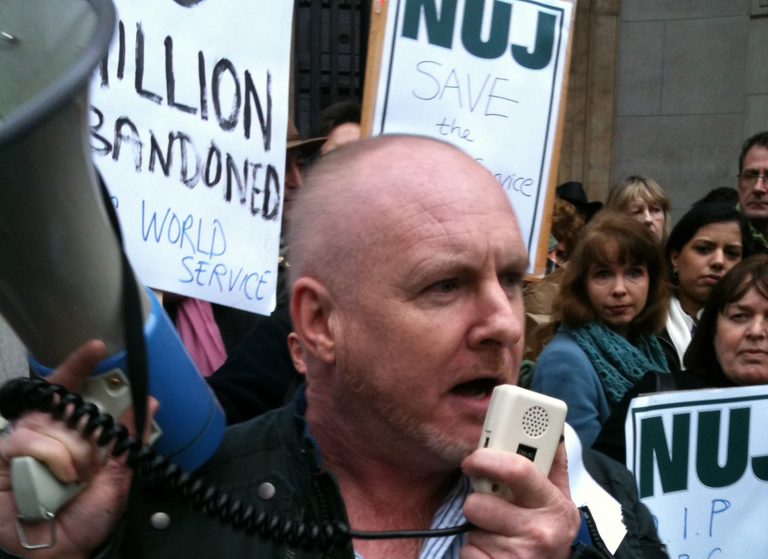Financial Times editor Lionel Barber accused Fleet Street of being ruled by a ‘conspiracy of silence’ over the News of the World phone-hacking scandal, and said it was because of other newspapers being involved in the so-called “dark arts”.
Barber was giving the Hugh Cudlipp lecture last night at the London College of Communication.
Below is an excerpt from his 5000-word speech, a full version of which can be found here.
The phone-hacking scandal marks a watershed – not just for News International but also for tabloid journalism. True, the practice of phone-hacking was widespread (and not only among the tabloids). The Information Commissioner’s report in 2006 showed that 305 journalists used private investigators. The number may well have been higher. And yet, beyond the conviction of one News of the World journalist and one private investigator, the infamous Glenn Mulcaire, no serious action was taken against them; not by the police, not by the courts, and not by the Press Complaints Commission.
The PCC was supine at best. And while the Metropolitan Police has now re-opened its inquiry, many questions remain about why it did not pursue the original News of the World investigation with sufficient rigour.
Most important of all, the newspaper industry itself did not take the issue seriously or seek to establish the truth. Indeed, aside from the lead taken by the Guardian, which was followed by the FT, BBC and Independent, the rest of the newspaper industry took a pass on the News of the World phone-hacking story – almost certainly because they too were involved in “dark arts”.
Yesterday the Press Complaints Commission announced it was setting up a phone-hacking review committee to draw together the lessons learned as a result of the outcomes of the relevant police inquiries and ongoing legal actions in the phone hacking case.
The Metropolitan police are currently investigating the use of phone hacking by the News of the World after reopening the case earlier this month.
